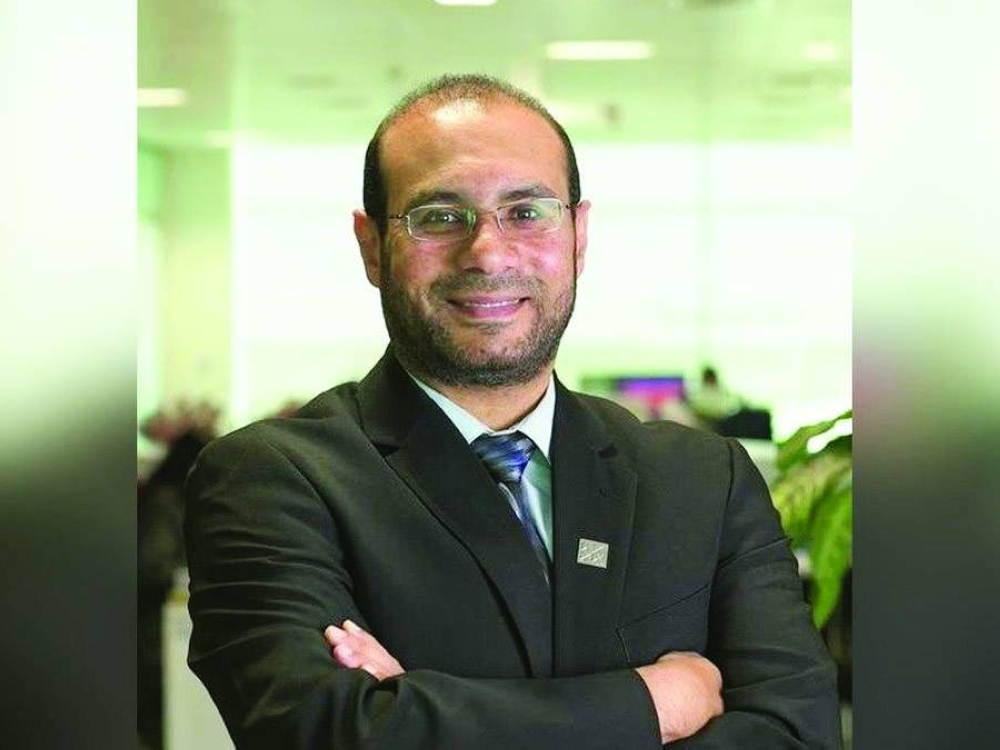Fanar, an Arabic AI language model developed by the Qatar Computing Research Institute (QCRI) and a national project involving several institutions in Qatar aims to enhance and protect Arabic language in the digital space.
QCRI, part of Hamad Bin Khalifa University has developed this special tool to bridge Arabic language and culture with the latest advancements in AI. Dr Mohamed Eltabakh, principal scientist at QCRI, at a recent conference in Doha highlighted that this project aims to revive and preserve the Arabic language in the digital age.
Dr Eltabakh said: “With the emergence of ChatGPT in 2022, it was clear that it would have a tremendous impact across various fields, including medicine, education, health, the judiciary, and the media. This technology stood out from all its predecessors for its generative capabilities and interactive nature.”
He noted that studies have shown that these language models, despite their sophistication, carry a significant risk of bias. “They tend to favour English over Arabic, thus reflecting Western cultures and excluding other cultures, particularly Arab and Islamic culture. Furthermore, the training methods for these models often do not align with the specific requirements and needs of Arab societies,” explained, Dr Eltabakh.
According to the scientist, one of the most important goals of the project is to preserve the Arabic language and its various dialects. Built on a robust linguistic framework and powered by advanced algorithms, Fanar excels in Arabic-centric thinking, understanding nuanced meanings, and capturing subtle linguistic distinctions. These features make it an ideal tool for overcoming linguistic and cultural barriers, fostering effective communication, and promoting knowledge exchange. Its extensive capabilities include text and multimodal data generation, content creation, translation, and knowledge fact-checking.
One of Fanar’s goals is to provide high-quality Arabic content that enhances the status of the Arabic language in the digital space.
“Achieving cultural compatibility is among the platform’s most important objectives as the Arabic language is not merely a means of communication; it carries Arab identity, history, culture, and values, which are fundamentally different from Western culture,” he continued.
Dr Eltabakh underlined that digital sovereignty in Arabic content is also of key importance for the platform. He noted: “Complete reliance on Western technology reduces us to mere consumers. The Fanar project demonstrates that we can be creators of this technology and to own its tools. Ownership here is not just technical – it also encompasses sovereignty over knowledge, content, and communication.”
Dr Eltabakh emphasised the importance of capacity building as most countries find themselves unable to build local capabilities in the field of artificial intelligence. However, the presence of Arab expertise that can develop these models, and directing them according to our needs, is of paramount importance.
“The Fanar project is not merely a linguistic initiative, but rather a comprehensive vision for an independent Arab digital future that reflects our culture, protects our language, and empowers us to contribute to shaping technology, rather than being victims of its biases,” added the scientist.

Dr Mohamed Eltabakh

